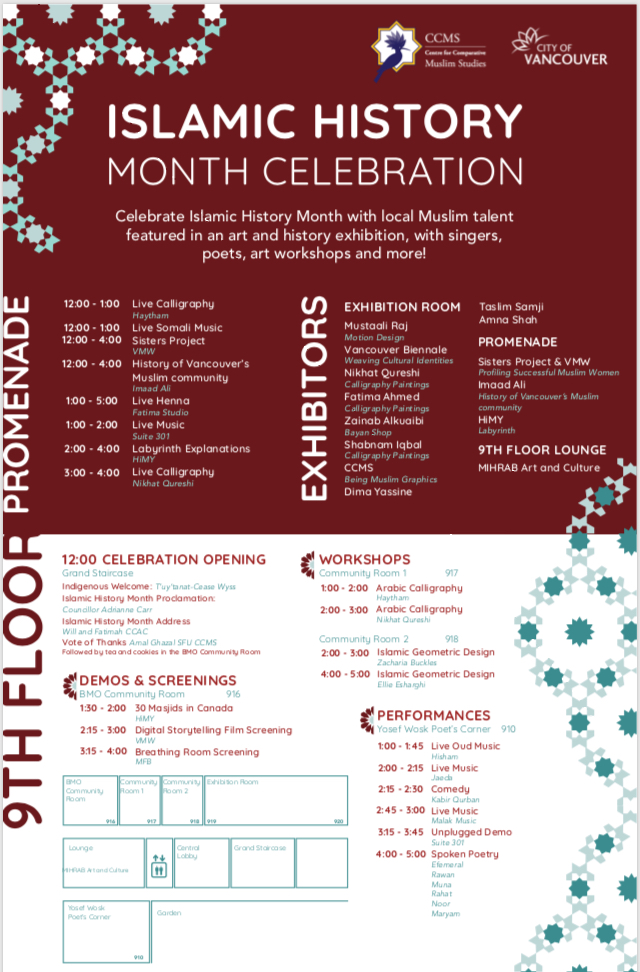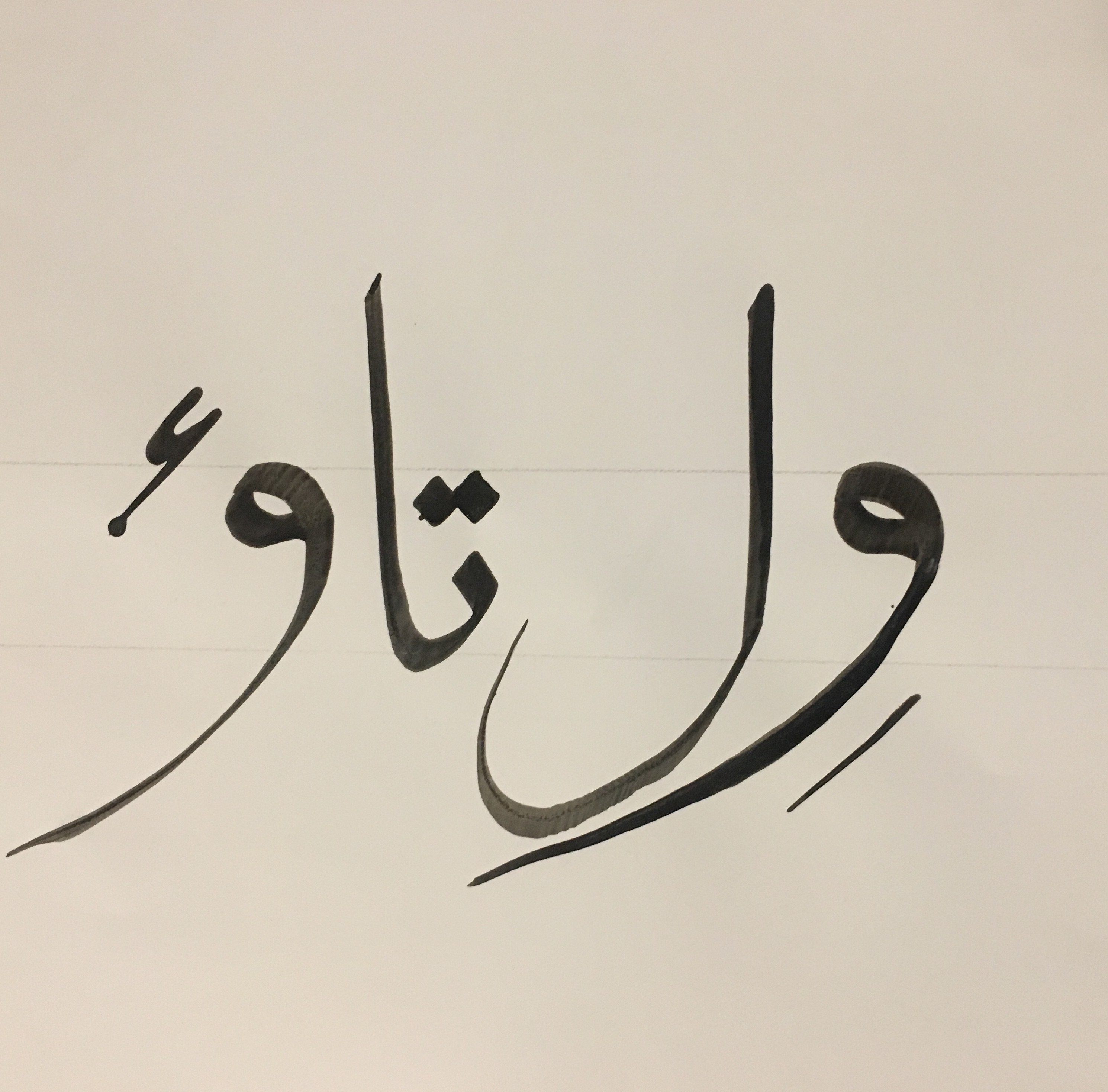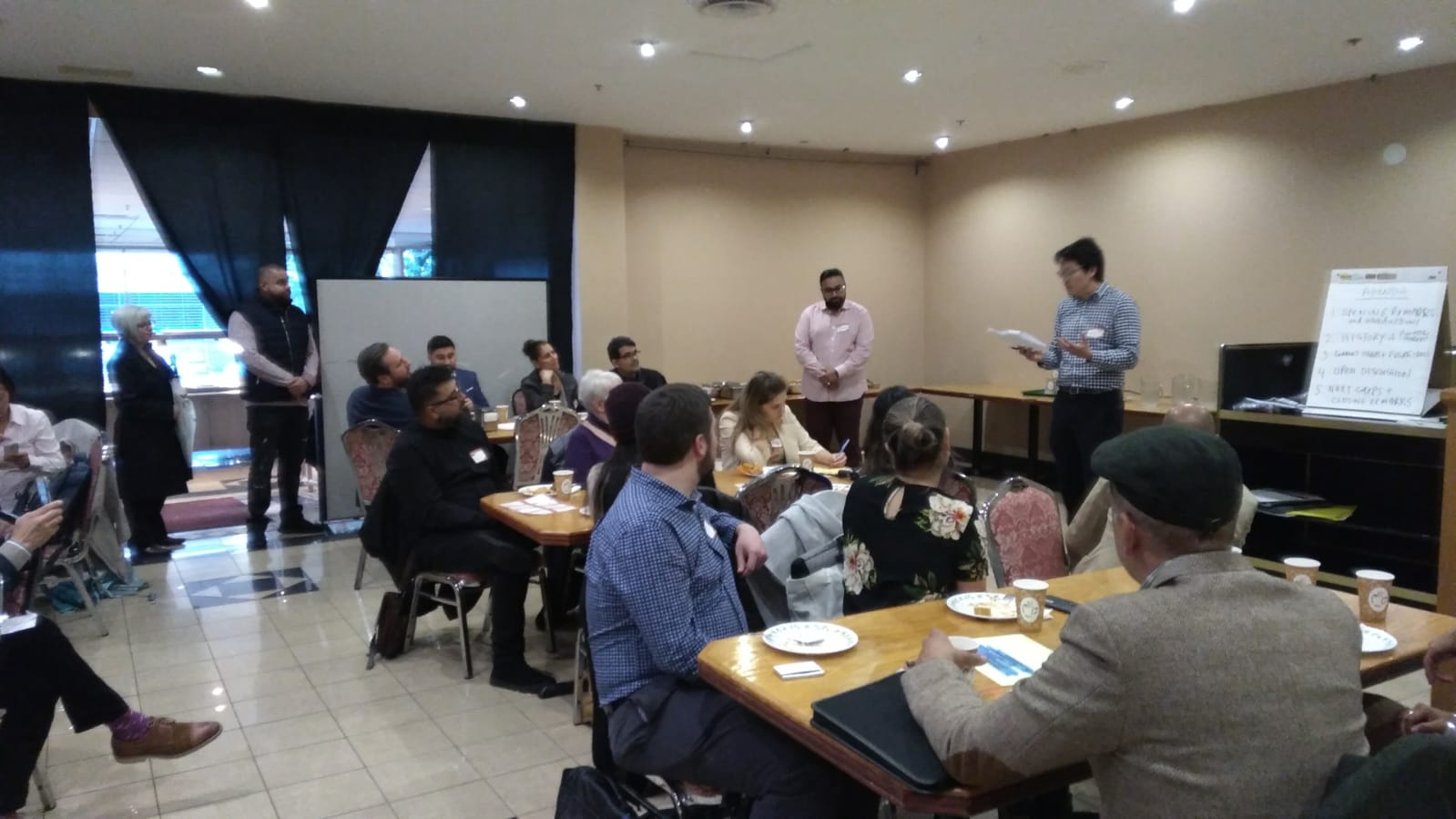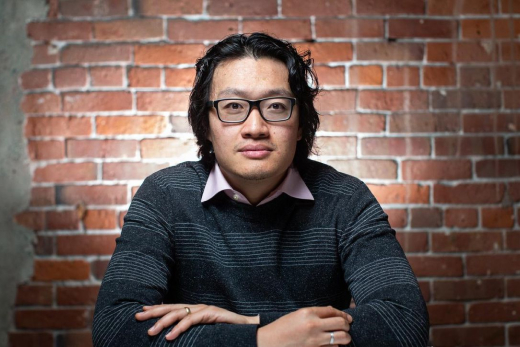‘I Don’t Get to Call Myself An Ally’ – But I Can Aim Towards Becoming One
Tomorrow, for the first time I am speaking on the topics of decolonization and intersectionality. I don’t think I have ever been as nervous for a talk. It is a topic I have been engaged in for the past several months, but it still feels to me a new term. However, there is some value into speaking to the newness and humility. That is why I eventually put my name forward and agreed to speak.
It has been a long time coming. A year ago, I don’t think I could have spoke on this topic let along would I have put my hands up to even volunteer. The pathway to learning about colonialism, decolonization, intersectionality, racism, and discrimination in our society has been a difficult one. It has forced me to confront my own current role (and definitely my past roles) in perpetuating my privilege and my power in not only my ‘colonial work’ but in the way I may have approached community service. I lose sleep now in ways that I did not before – because I am exposing myself to my own shortcomings and the painful truths I conveniently avoided in years past.
I am glad that it is slowly stripping away an ego that I think the process of being a lawyer almost inherently instills. I feel more humbled and I thank the learning I am doing and the social activists I am meeting for transforming me.
This process has highlighted mistakes I have made in the past in this regard.
For example, I donated money to a local organization on behalf of my law firm thinking I was doing good while simultaneously shirking a previous responsibility I had to that organization, as a volunteer. I realize that I was donating to cover up my own guilt and that goes against the very principles of decolonization that I am now learning about.
A second mistake I made was for a long time this law blog had an Indigenous logo that a non-Indigenous friend designed over. That appropriation of culture was entirely inappropriate. Even now, I am aware my logo is Indigenous and I am not – something I need to be extremely careful about as I consider the direction my blog goes and the societal/policy issues we engage with. I think that by engaging an Indigenous artist Diamond Point, we’ve made a step in the right direction but Indigenous recognition – much like, can very easily turn into lip service with no corresponding action.
All this to say – I don’t get to become an ally – just by reading a few pieces and attending a few workshops, giving a few talks, writing a few tweets, and making a few donations. Becoming an ally requires an investment in time, but more importantly a humility that this is a fight I care about but a fight that ultimately I need to support my Indigenous brothers and sisters in. I need to advocate but more importantly listen and be present when listening.
I had a colleague tweet in reply, not so long ago to a post of mine, that I also needed to show sensitivity when talking about things such as the residential school experience or the experiences of Indigenous women, as the very bringing up of these themes could be triggering to them.
As lawyers, we love to talk, to write, to share. It almost seems like the test for good advocacy is whether you have been to Court recently, what level of Court, what policy issues, and what media opportunities. The first two months of this year gave me some incredible platforms but frankly I did not do enough to use those platforms to shift conversation or give light to underrepresented and more deserving voices, especially Indigenous voices. Indigenous issues are still so peripheralized and othered in mainstream media – through a lens that more often than not dehumanizes.
We seem more engaged with global events that have little effect on us, but that generate clicks and false outrage, than we do with local suffering that we are all collectively responsible for as settlers on stolen land – which should generate real outrage. It is as if those problems are our Government’s and that ‘reconciliation’ has solved all problems. From what I am seen and heard, it hasn’t even begun to scratch the surface.
When it comes to tomorrow’s talk on decolonization and intersectionality – I plan to share with these young impressionable minds of the amazing RADIUS program I am speaking to – my journey and my stumbles.
I also very much aspire to this idea that decolonization cannot be a metaphor for general social change, social justice, and anti-colonialism/oppression. If we water down decolonization, or worse yet, forget decolonization needs to come hand-in hand with indigenization (and not just of mind and rhetoric) – we may do more harm than good. I am also aware that this process will involve ceding of power, privilege, and land. Anything else, and it turns again into rhetoric and feel good excuses for our continued settler privilege and justifications for modified colonal appetites. We also need to come to global understandings of indigenizing that also doesn’t allow for the term to become homogenization.
Canadian indigenization – and where it comes from is historically grounded by systemic and full-scale wrongdoing that sought to wipe out Indigenous culture. Indigenization in another context, for example a country that believes in protecting and preserving one’s indigenous roots at the expense of newcomers or racial intermixing, can become problematic and the basis of racial/ethnic supremacy.
I think the position we come from and the model we develop in Canada will be very unique and we have to be careful to reconcile that with other world views and with the world view of newcomers. Introducing Indigenous issues and history to newcomers will become a major priority of mine, once I go through my own learning process.
On the topic of intersectionality, we need to also develop a Canadian model that takes into account Indigenous women, as a foundation for our BIPOC perspective. Indigenous and two-spirited women have had their identities marginalized and it is routed in the aforementioned colonial policies. Decolonizing will help highlight and tackle intersection issues.
Parallel, and simultaneously, we need (and I am grateful we are starting to see) the rise of powerful women entering newsrooms, media, politics, law, and other area of influence to highlight the structural, political, and representative intersectionality that marginalized and minority women find themselves in as a result of the narrowed patriarchal lens which creates male-dominated viewpoints or allows on some women in on our major conversations.
Our Canadian understanding and study of this concept is so behind, that on major issues – such as Karen Wang and recently, Jody Wilson-Raybould, – no one even brings it up. This gap in analysis (coupled with the consistent racelessness and neoliberal ‘multiculturalism’ espoused by those in positions of power) wipes out the experience of women of colour. This is unacceptable and as a man of colour, I bare my share of the blame for not tackling our own community stereotypes here.
To conclude, where I started, I’ve been thinking a lot about these issues, but I am not an ally (yet). I don’t get that label easily. I may never get it. I need to be listener, a repenter, and learner, a more humbled down human being. I need to use my voice and rather than sit silently while I watch the narrative be shifted, use my voice and privileges to shift the narrative to places where we need it to go.
Some of you will be sick and tired of me writing about race, taking as comedian Aamer Rahman wrote about “white person this, white person that.” On this point, I want to share the recent writing of Sandra Inutiq in her piece Dear Qallunaat. The headline says it best.
‘Recognize and admit your power and privilege and the fact you are benefiting from racist systems’
Even as a non-White settler, I have benefit from it too and I need to be more aware of this. Similar and parallel systems that made my ancestors Han Chinese and scholars in China from (my late father’s side) relative affluence and education made me benefit there too.
It’s time to strip away ego, recognize and admit privilege, and cede power and land back to our Indigenous brothers and sisters. In the process, I trust that the empowerment and deconstruction of barriers for BIPOCs will naturally occur. Canada will be a more equitable, equal, and truly diverse place.
With peace and love.
Will




